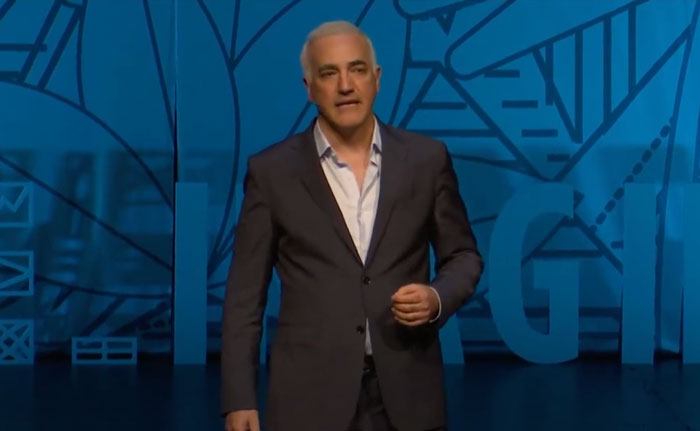Mission: Restore was born from a profound commitment to making healthcare accessible worldwide. Founded by Dr. Alizadeh in 2010, our nonprofit organization has evolved into a global force for change. We empower local surgeons globally and save lives through education, offering long-term solutions for underserved communities.
Mission
Mission: Restore’s core mission is to expand healthcare education globally, particularly in remote regions with critical needs. Our team of medical professionals and volunteers commits their expertise and time to provide life-changing reconstructive surgery, free of charge, to deserving patients in developing countries. However, our mission goes beyond immediate relief; we empower local surgeons with the knowledge, skills, and support required to heal their communities sustainably.
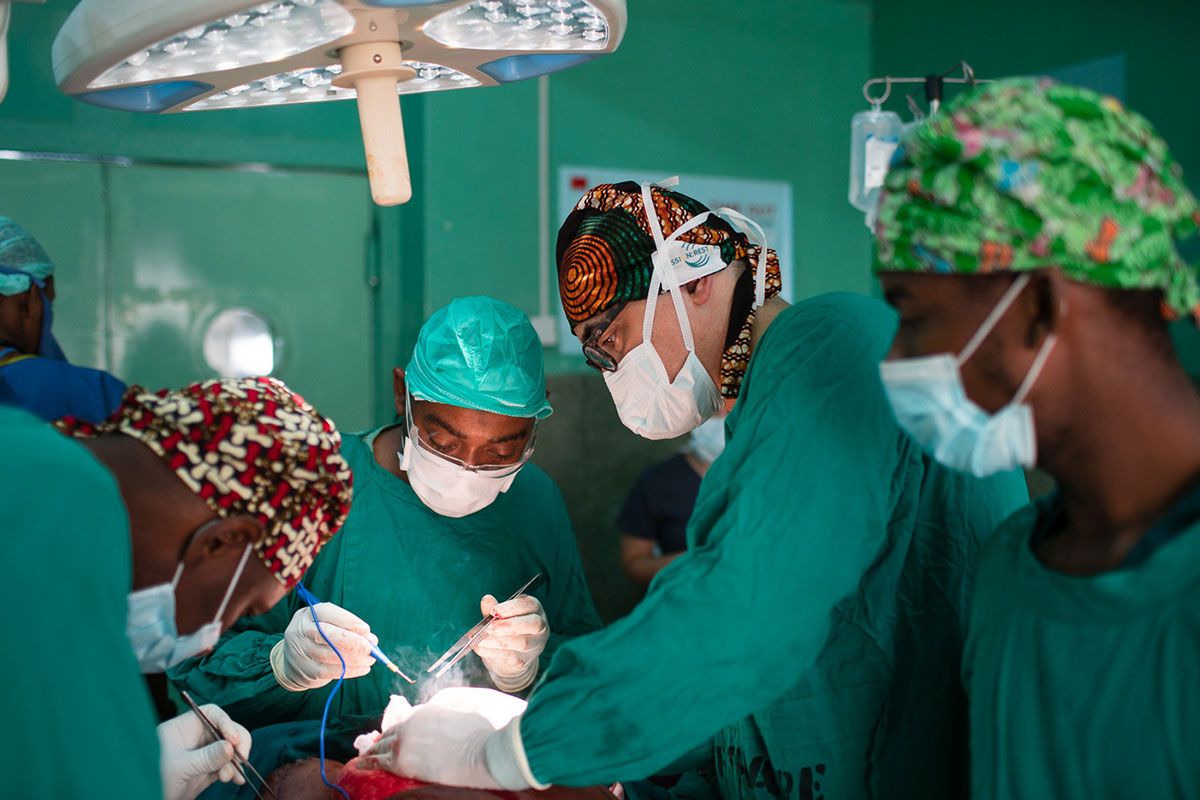
Philosophy
Our philosophy at Mission: Restore is grounded in the belief that sustainable change begins with knowledge and empowerment. We hold steadfast to the idea that everyone deserves access to quality healthcare regardless of their circumstances. By fostering a culture of collaboration and education, we enable local surgeons to become catalysts for lasting change in their communities. Our guiding principle is to not just provide aid but to teach and uplift, creating a legacy of self-sufficiency in the field of reconstructive surgery.
History
In 1993, Mission: Restore, co-founder and Chair Dr. Kaveh Alizadeh, began his volunteer work in the Afghan refugee camps. It was a life-changing experience for him, and since then, he has participated in volunteer missions each year, traveling all over the world, including Central and South America, the Middle East, and Asia. In 2009, Dr. Alizadeh’s humanitarian volunteer work earned him the prestigious Ellis Island Medal of Honor.
After over a decade of volunteering with organizations that only delivered surgeries on location with limited follow-up, Dr. Alizadeh wanted to create a more sustainable solution. In 2010, he recruited a group of physicians to help found a new kind of surgical non-profit organization that would focus on the most cost-effective and impactful way to create long-term sustainable change through education. The result was Mission: Restore, a 501 c (3) nonprofit that provides local surgeons the knowledge, skills, and support they need to treat patients in their communities around the world.
Looking Forward
Mission: Restore is building a Network of Surgeons to connect, support, and train local surgeons. Due to the extremely low capacity of many hospitals in developing countries, the burden of providing surgical care often falls upon surgeons with limited training and no support. This network enables surgeons to save lives now and grow as leaders, creating change for generations to come.
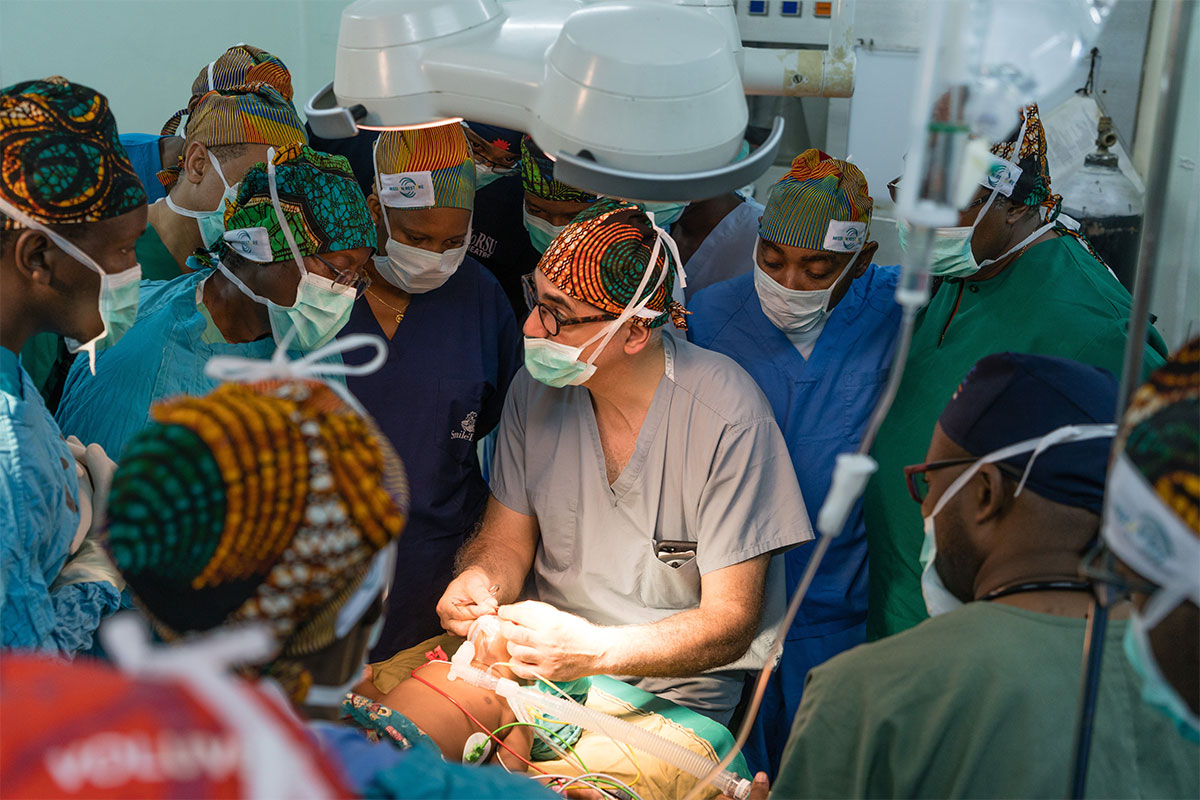
Geographic Focus
Since 2010, Mission: Restore has worked in 10 countries. Mission: Restore’s current focus is in East Africa, where our programs can have the highest impact. East Africa has some of the lowest doctor-patient ratios in the world, and the high need for surgical intervention is apparent.
Let’s Operate Together
Mission: Restore has identified a low-cost, effective intervention to address an increasing global health challenge, and we are looking to scale our model. With your support, we can continue to build sustainable infrastructure that creates healthier, stronger, and more skilled communities.
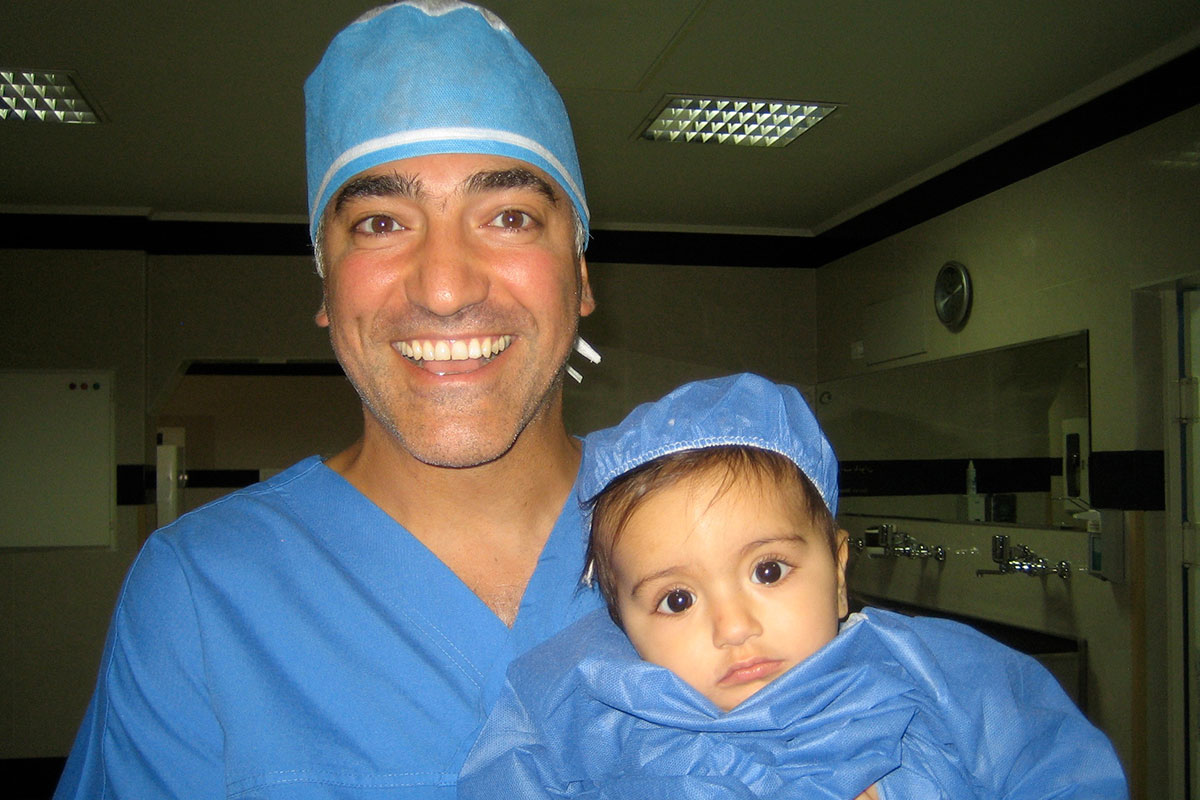
Ted Lindner Talks With Mission:
Restore founder and plastic surgeon Dr. Kaveh Alizadeh. Based out of Long Island, Mission: Restore focuses on training medical professionals abroad in developing countries in complex reconstructive surgery to create sustainable infrastructure.
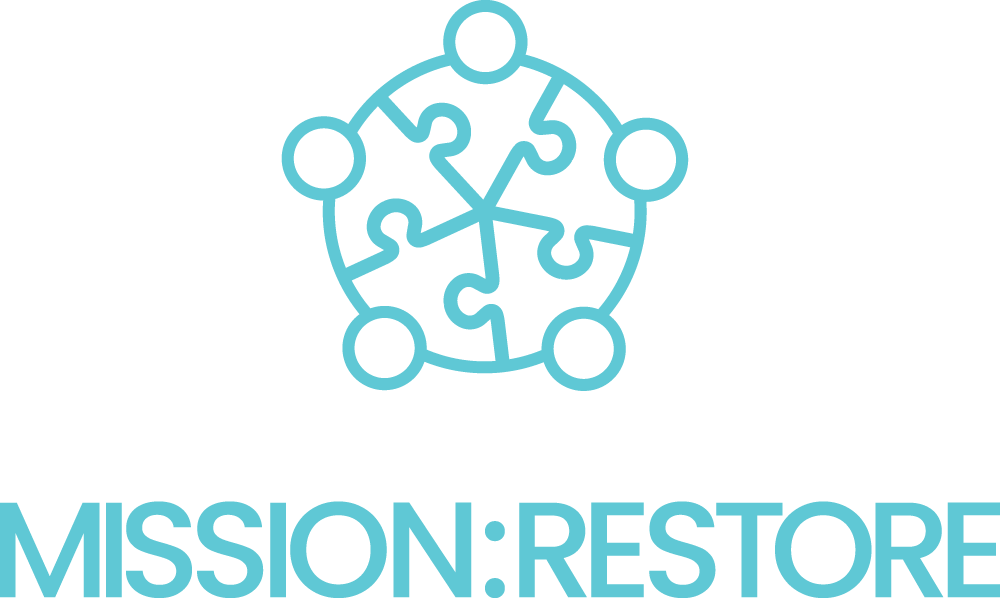
Support Our Mission & Make A Difference
You can be a vital part of Mission: Restore’s commitment to transforming lives and communities through healthcare education. Your support can help us reach more underserved regions, train more local surgeons, and provide life-changing surgeries to those in need. Join us in making a lasting impact on lives around the world. Donate today to grow sustainable systems for healthcare and reconstructive surgery in low-income countries.

